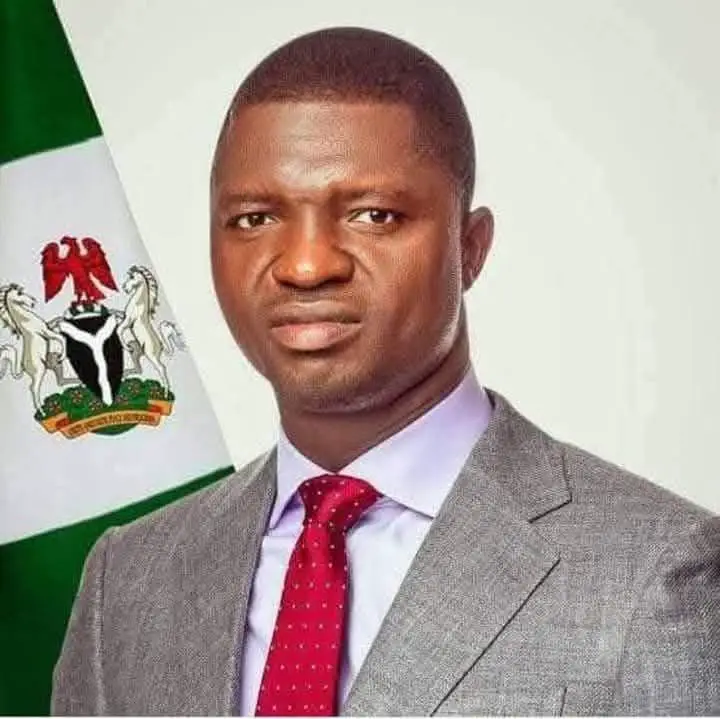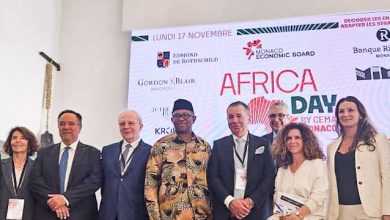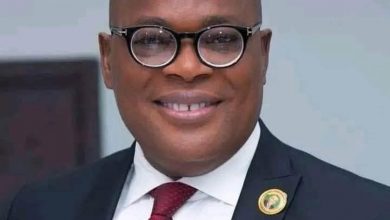
Meet the Nigerian Governor Whose Children Attend Local Schools Within the Southeast
In an era where the elite of Nigeria frequently send their children to expensive schools abroad or in high-cost private institutions, His Excellency Rt. Hon. Nwifuru Francis Ogbonna Francis, Governor of Ebonyi State, stands out as an exception. Governor Nwifuru’s decision to have all five of his children study within the Southeast, with three attending schools in Ebonyi and two in Enugu, is not just an economic choice but a bold statement about his faith in the Nigerian educational system. The governor’s actions have sparked conversations about educational reforms, the cost of education, and the role of public officials in revitalizing the nation’s schools.
A Personal Commitment to Affordable Education
Governor Nwifuru’s stance is remarkable for its simplicity and practicality. His children’s annual school fees do not exceed ₦35,000, a stark contrast to the millions paid by some of his government’s commissioners. According to him, these exorbitant fees are unsustainable and do not align with his vision of living a balanced life post-governorship. “Where will I get the money to continue paying for their school fees after my temporary tenure as a Governor?” he asked, emphasizing the need for moderation and foresight.
His decision has brought a sobering realization to the Nigeria Governors’ Forum. It challenges the norm and inspires others to rethink their priorities. Governor Nwifuru’s choice reflects his genuine concern about the future of Nigeria’s educational system and his unwavering belief in making a difference, starting from his home state of Ebonyi.
The Challenges of Nigeria’s Educational System
Nigeria’s educational system faces numerous challenges, including insufficient funding, outdated curricula, inadequate infrastructure, and brain drain. Parents often feel compelled to send their children to private institutions or abroad due to the perceived inadequacies of public schools. This trend exacerbates inequality and widens the gap between the rich and poor.
Governor Nwifuru’s decision to keep his children within the Nigerian education system serves as a wake-up call. It highlights the need for urgent reforms to:
- Enhance Public School Infrastructure: Many public schools lack basic amenities, which discourages enrollment and attendance.
- Revise Curricula: The introduction of modern, tech-focused, and skill-based curricula can prepare students for global competitiveness.
- Improve Teacher Training and Welfare: Well-trained, motivated teachers are the backbone of any successful educational system.
- Encourage Public-Private Partnerships: Collaborative efforts can bring in much-needed resources and innovation.
The Way Forward: Governor Nwifuru’s Vision
Governor Nwifuru’s vision for education reform in Ebonyi State focuses on building a system that will discourage the current trend of sending children abroad. His strategy includes:
- Upgrading Public Schools: Efforts are underway to revamp school infrastructure and ensure a conducive learning environment.
- Investing in Teacher Development: By providing training and incentives, teachers can be better equipped to deliver quality education.
- Making Education Affordable: Keeping fees manageable ensures that education remains accessible to all socioeconomic groups.
The governor’s actions are rooted in his belief that meaningful change starts at home. By setting an example, he’s showing that confidence in local schools can encourage others to follow suit.
Public Reaction and Implications
The response to Governor Nwifuru’s decision has been overwhelmingly positive. Parents, educators, and stakeholders have praised his commitment to grassroots education reform. However, his stance has also raised questions about the role of other public officials. Shouldn’t they lead by example by investing in the local education system?
This conversation could lead to a ripple effect, encouraging policymakers to prioritize education reforms and rebuild public confidence in Nigerian schools. It also underscores the importance of transparency and accountability in governance.
Conclusion
Governor Nwifuru Francis Ogbonna Francis’s decision to educate his children within the Southeast, at modestly priced schools, is more than a personal choice; it’s a profound statement about his priorities and vision for Nigeria. By challenging the status quo, he’s setting an example for other leaders and sparking a vital dialogue on education reform. His actions remind us that the journey toward a better future begins with bold, intentional decisions today.




